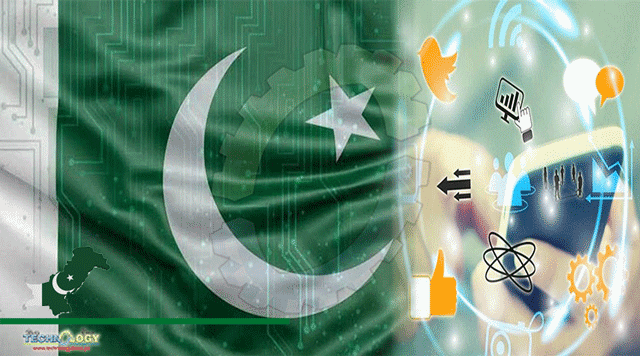All ICT Stakeholders Need To Strengthen Ties And Collaborative Work On Nurturing Pakistan’s Local Talents And Creating Future Leaders.

Pakistan is one of the fastest growing and maturing information and communications technology (ICT) markets in the region today. National digital transformation was accelerated as a result of the COVID-19 pandemic. During these challenging times, Pakistan has displayed its technological reliance and capability as businesses, educators, and public sector entities turned to advanced technologies to stay connected while keeping the population safe.
It is evident that the ICT sector is an important driver of economic gains, therefore, the post-pandemic world will need an innovative approach towards economic recovery and improving quality of life; making businesses smarter and creating the most value in a society empowered by connectivity. Innovation must be developed not only to achieve economic strength but to adopt digital inclusion
That being said, a digitally driven country needs knowledgeable, talented individuals to move forward into the next era of connectivity, as such, it is essential to invest more in building talent capacity. According to the UNDP, Pakistan now has more young people than it has ever had, and this is forecasted to continue to increase until at least 2050. Inspiring the youth of Pakistan is necessary because a digitally driven country needs knowledgeable, talented individuals to move it forward into the next era of connectivity.
The current global shortage of adequately skilled people to meet the demands of the dynamic ICT sector can be addressed today by instigating collaborations between public and private sector entities, educators, and technology companies. By working together, we can determine the skills that are needed not only for future technologies but to meet Pakistan’s vision for the future. The Government of Pakistan (GOP) has been an advocate of digital transformation and continues to support the ICT sector through numerous sustainable development and accelerated digitization projects, research and innovation, software technology parks, subsidized bandwidth, international marketing, international certifications, internships, and trainings.
There are also various ICT training programs in place throughout the country, but with technology constantly evolving there is always more that can be done, and there will always be a demand for people skilled in this dynamic field. To maintain the momentum on digital transformation, it is essential to invest more in more in local talent. According to Huawei’s annual Global Connectivity Index (GCI) 2020 report, countries in the digitalization process, such as Pakistan, India, and Bangladesh, are proactively narrowing the digital gap with leading economies such as the United States or Germany.
Investing in ICT talent development will not only provide Pakistan with the much-needed workforce of its connected future but will enable the growth of the digital economy, contribute towards increased GDP, enhance Pakistan’s competitiveness on a regional and global scale and eventually enhance the quality of services provided to citizens. Understanding advanced technologies such as 5G, artificial intelligence (AI), big data, and cloud computing, will give local talent the essential skills for tomorrow’s digitally advanced world.
Huawei has owned long-term relationships with many partners in Pakistan’s public and private sector to build ICT infrastructure and talent, and we look forward to continuing this in the future by empowering more young people with the skills needed to take full advantage of advanced technologies. All ICT Stakeholders Need To Strengthen Ties And Collaborative Work On Nurturing Pakistan’s Local Talents And Creating Future Leaders.
This news was originally published at Daily Times.